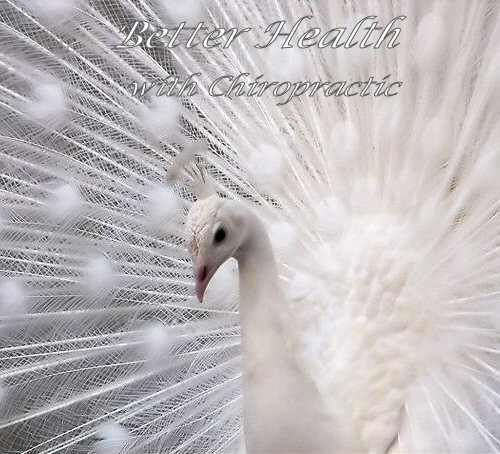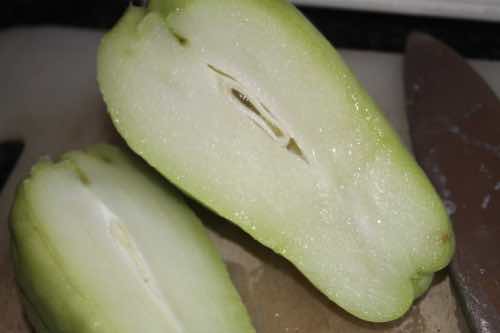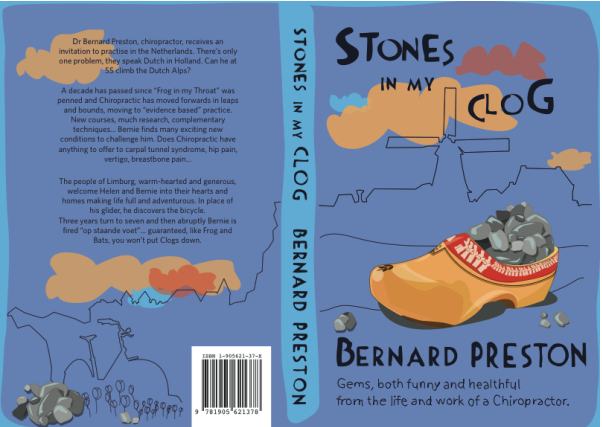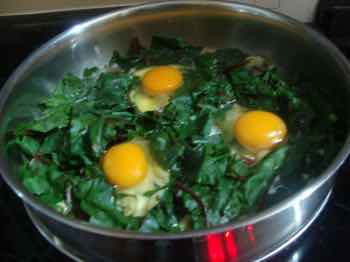| Back to Back Issues Page |
 |
|
CHIROPRACTIC HELP #54: Sleep, gut health and the common chaote squash July 07, 2023 |
DearSleep, gut health and the common chaote squashSleep, gut health and the common chaote squash have much in common.This is a seven minute read. Good morning and welcome back to better health with chiropractic. Our profession was born out of the naturopathic movement so subjects like exercise and what we eat are central to our thinking and practice. They are every bit as important as correcting subluxations in your spine if you want to live long in the land, free from pain, disability and pills. BackgroundAround a half of all people have serious issues with gut health. I have had problems myself and the chances are you do too.It's a massive field and it would be naive of me to suggest you could cure it all by following a few guidelines in a seven minute read; but a couple tips might help. SleepHow well you sleep will have a profound influence on your general health, and especially that of your gut; the research is unequivocal. If your night's rest is continually disturbed, then may I suggest you make the seven minutes and read on.Normal sleep obviously varies for each person, but it's generally agreed that less than 6 hours and more than 9 are both problematic. 7 to 8 hours each night, with one and perhaps two pit-stops is ideal. A short cat-nap is beneficial but more than an hour is definitely included in unhealthy sleep behaviour. Ten to fifteen minutes is ideal. Malignant diseaseIn our last newsletter we wrote that nearly half of all people can expect to die of cancer. There are things we can do to swing the odds in our favour; ensuring a good night's sleep is one of them.Scientists reporting in the American Annals of Cancer Research report that poor sleep results in a 87% increased risk of a malignant oesophageal tumour[1]; it's an awful way to die. Hiatus herniaSome 60% of folk over the age of 50 have a hiatus hernia; roughly a half are asymptomatic. The very acidic contents of the stomach flow back into the oesophagus which is not protected against the noxious liquid. The result is heartburn and a condition called GERD; and a very disturbed first half of the night.Poorly managed it progresses to Barrett's oesophagus and a high risk of a nasty tumour. Sleep on your left sideIn the early part of the night, if you sleep on your left side the contents of the stomach are far less inclined to flow back into the oesophagus.Enjoy your coffee BEFORE dinnerThere's a very good reason why we drink soup at the beginning of the meal. Any liquid taken after solid food is far more likely to be regurgitated and cause heartburn.So it's actually a bad practice to have coffee, or any other liquid for that matter after the meal. It's a recipe for a night of misery if you have a hiatus hernia. In fact one really should not drink coffee in the evening; the caffeine too will disturb a good night's sleep. Limit alcohol after dinnerIt's well known that alcohol means you can easily fall asleep, but then wake up wide-eyed and bushy tailed in the middle of the night.One of the interesting and unexpected benefits of the very low refined starch diets is much better sleep. Alcohol is of course just a carb. Anything that increases the pressure in the stomach will provoke reflux. In particular that would mean having your beer before dinner; all that gas. Diets in general don't work; none of them deliver on their promises mostly because either they do not face hunger squarely or they are not sustainable. Either way forget them permanently as a way of losing weight. Having said that, our modified banting diet does have some merit; it looks rather at principles, like delayed eating for example. It's very low on the refined carbs.
Chaote squash
It's purely anecdotal but I have found that eating half a chaote squash, also known as the susu, fried in olive oil for dinner means almost no heartburn; to the extent that I can even break some of the above rules. There is something soothing in this wonderful gourd. It is much despised in many quarters; you just have to learn the right ways to cook it.[3] It grows like a weed and is surprisingly high in vegetable protein; and many beneficial phytonutrients like vitamin C. In fact the pumpkin family in general has been used for centuries to treat diabetes; it may be just the ability of the susu to lower blood glucose after a starchy dinner that gives it this stomach-calming benefit.
KefirHeartburn is also often associated with a helicobacter pylorus infection; the bug that causes stomach ulcers.There is a massive amount of researching coming out in the literature about the benefits of fermenting foods; they are natural probiotics. Kefir is just one of the easiest to my mind; it takes only five minutes to prepare each morning. Turn it into a smoothie with a little natural honey and half a banana if you find it too sour.
Small dinnerIt's all been said before; dine like a pauper! Anything that increases the pressure in the stomach will increase the leakage into the oesophagus when we are lying down. And that of course includes large meals.Make lunch your bigger meal, if humanly possible. Remember that the longer the gap between supper and breakfast, even though you eat exactly the same food, will help you lose weight. So an early supper makes a lot of sense from every point of view. On a personal noteFor fifteen years I suffered with severe heartburn; to the extent that a couple nights a week would find me having to sit up for an hour, groaning in pain.Between kefir and chaote squash the problem is 90% well managed. A gastroscope revealed that I had both a Helicobacter infection and a hiatus hernia. Proton pump inhibitors and antibiotics brought absolutely no relief. It was the discovery of natural methods that proved far more beneficial with none of the nasty side-effects of PPIs. Strengthening the diaphragm muscleThe generalised muscle weakness of older folk is thought to lead to the loss of flexibility and elasticity of the diaphragm.It is probably one of the reasons why those who walk, swim or cycle regularly also have better lung capacity, a stronger diaphragm and less trouble with a hiatus hernia; and the attendant lower prevalence of heartburn and reflux. A good deep breathing exerciseBreathe in deeply, and then expel all the air you can.Then give a series of puffs, using the diaphragm to expel yet more air. Costo-spinal jointsDeep normal breathing requires healthy costo-spinal joints; between the ribs and the back.Whilst I cannot point to research that confirms that adjustments of the rib joints will improve the integrity of th diaphragm and lessen heartburn, it probably is yet one more factor in tackling this serious, difficult condition. Let gravity be your helperIt's no coincidence that we experience heartburn mostly at night. During the day gravity helps keep the stomach contents where it belongs; it is when we are lying down, whether a catnap in the afternoon or at night that indigestion disturbs our sleep.After dinner take a feather out of the Swedes' caps; enjoy a stroll. A walk after a starchy meal makes good sense in any case; glucose is used up as glycogen. But in this instance it helps keep the stomach contents firmly in the gut, rather than disturbing our sleep. Constipation
For breakfast enjoy something like Eggs Florentine; so easy to prepare. Add some colours like peppers and tomato to make it more interesting.[4] For lunch a green salad is mandatory. And for supper enjoy a dish that contains broccoli, kale or even our beloved susu. Before you exclaim that is a bridge too far, just google colorectal cancer. You might reconsider; I did.
Bernard-Preston.comMuch of the nutritional information like kefir benefits and how to make sourdough bread can be found at my other site, using my nom de plume, and my chiropractic books.CHIROPRACTIC HELP Backissues of our newsletters. Yours in better health,
Dr Barrie R Lewis DC PS. If this newsletter has touched any meaningful buttons, you can support the costs of this site by purchasing one of my books. Find Stones in my Clog on Amazon. It's dirt cheap. PS. Readers have asked for these long newsletter sent monthly, rather than the flood of daily information overload that we all suffer from. 
|
| Back to Back Issues Page |
